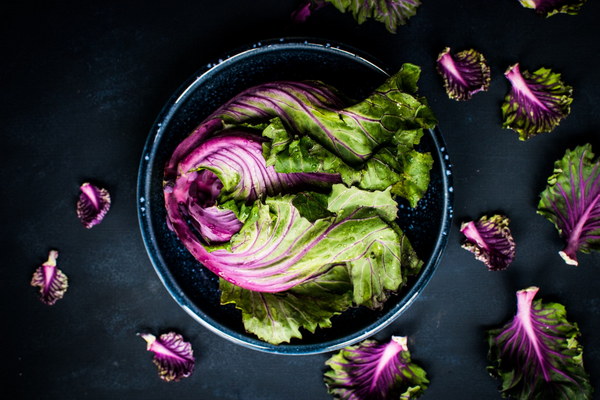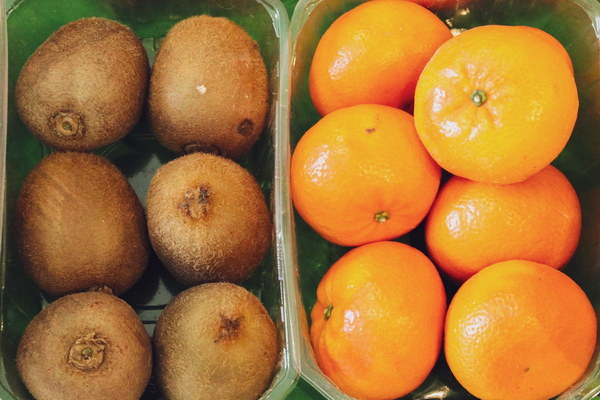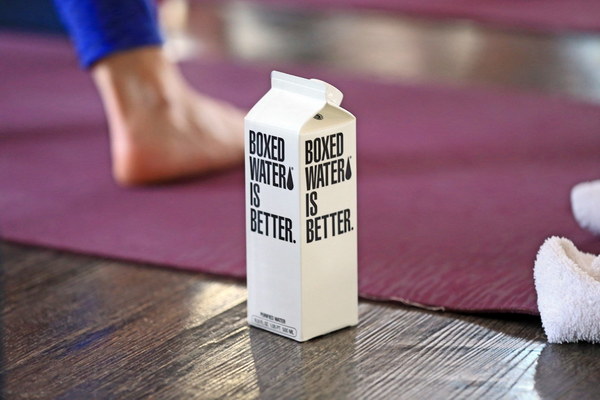Balancing Moisture Removal with Yang Preservation A Holistic Approach to Wellness
In the realm of traditional Chinese medicine (TCM), the concept of dampness is a common ailment that can affect the body's overall balance. Dampness is often characterized by symptoms such as fatigue, water retention, and weight gain. While removing dampness is crucial to restore health, it is equally important to ensure that the process does not harm the body's yang energy. This article explores the principle of removing dampness without harming yang and provides insights on how to achieve a holistic balance in wellness.
In TCM, the body's yang energy is the warm, dynamic force that animates and maintains life. It is responsible for heat, vitality, and metabolism. Conversely, yin energy is the cool, passive force that nourishes and grounds the body. When the body's yin and yang are balanced, health and vitality are maintained. However, when dampness accumulates, it can disrupt this balance, leading to various health issues.
The principle of removing dampness without harming yang emphasizes the importance of using treatments and dietary adjustments that not only remove dampness but also preserve or support the body's yang energy. This principle is rooted in the understanding that dampness itself can be a sign of an imbalance between yin and yang. Therefore, treatments should aim to restore balance rather than simply eliminating symptoms.
Here are some key strategies to achieve this balance:
1. Dietary Adjustments: A diet rich in warming foods can help remove dampness without harming yang. These include ginger, garlic, onions, and red peppers. Additionally, avoiding cold and raw foods, which can exacerbate dampness, is crucial. Instead, opt for warm, steamed, or cooked foods to support the body's internal heat.
2. Herbs and Supplements: Certain herbs and supplements can help remove dampness while supporting yang energy. These include:
- Astragalus (Astragalus membranaceus): Known for its immune-boosting properties, Astragalus helps to strengthen the body's defenses against dampness.
- Cinnamon (Cinnamomum cassia): Cinnamon has warming properties and can help improve digestion, which is essential for dampness removal.
- Dong Quai (Angelica sinensis): Dong Quai is an herb that supports blood flow and can help balance the body's yin and yang energies.
- Siberian Ginseng (Eleutherococcus senticosus): Siberian Ginseng is a natural adaptogen that can help the body cope with stress, which can contribute to dampness.

3. Acupuncture and Massage: These therapies can help stimulate the body's natural healing processes and promote the removal of dampness while supporting yang energy. Acupuncture points that focus on draining dampness and warming the body are often used.
4. Exercise: Regular physical activity can help boost the body's circulation, which aids in the removal of dampness. Activities that increase internal body heat, such as yoga, tai chi, or qigong, can be particularly beneficial.
5. Lifestyle Changes: Addressing the root causes of dampness, such as poor diet, lack of exercise, and excessive stress, is essential. By adopting a healthier lifestyle, you can help maintain a balance between dampness removal and yang preservation.
In conclusion, removing dampness without harming yang is a fundamental principle in TCM that emphasizes the importance of achieving a holistic balance in wellness. By adopting a combination of dietary adjustments, herbal remedies, acupuncture, exercise, and lifestyle changes, it is possible to restore the body's yin and yang energies, promote health, and prevent future dampness-related issues. Remember, the key is to find a balance that works for your unique body and health needs.









